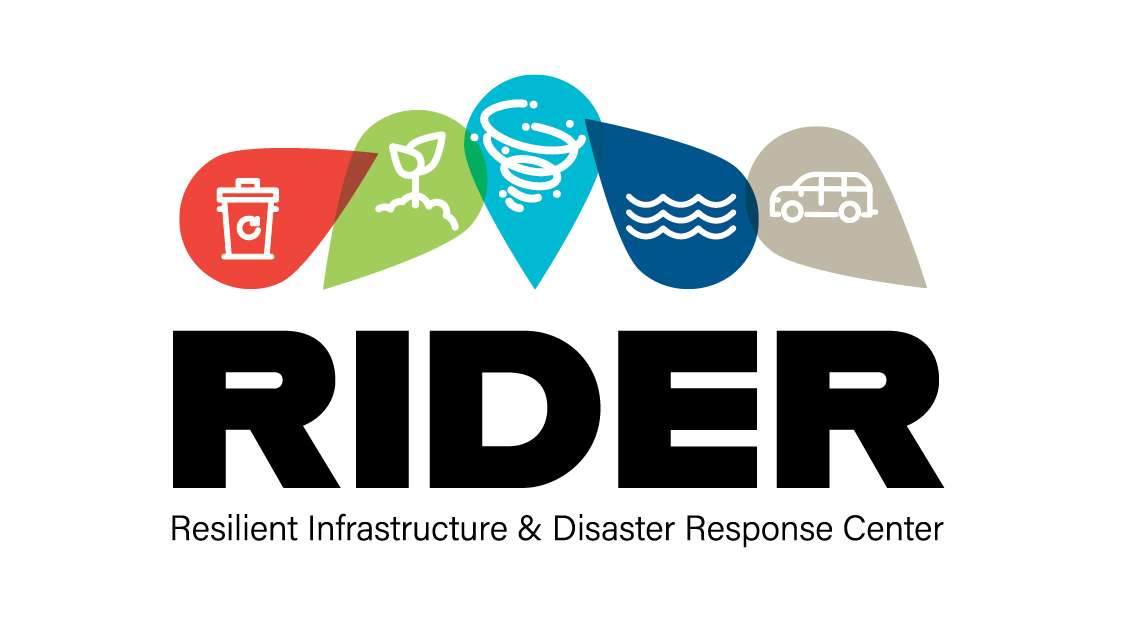
Originally Posted at The National Academies
Gulf Research Program Launches Gulf Scholars — Its First Initiative Focused on Undergraduate Education
News Release | October 5, 2021
WASHINGTON — The National Academies’ Gulf Research Program (GRP) today announced the launch of the Gulf Scholars Program (GSP), a five-year, $12.7 million pilot program that prepares undergraduate students to address the most pressing environmental, health, energy, and infrastructure challenges in the Gulf Coast region.
The GSP, which extends through 2025, will establish its inaugural cohort at seven universities in the Gulf states: Florida A&M University, Florida State University, Jackson State University, Rice University, Tulane University, University of Alabama at Birmingham, and Xavier University of Louisiana. Up to seven additional colleges and universities will be added each year through 2025, reaching more than 25 colleges and universities in the pilot phase alone.
With targeted funding, attention, and support, the GSP is helping Gulf-based institutions of higher education cultivate future leaders who will serve the region as scientists, engineers, educators, community leaders, policymakers, designers, and innovators in local communities.
Each participating university will receive funds to create academic, co-curricular, and extracurricular experiences related to the GRP’s core focus areas — community health and resilience, environmental protection and stewardship, and offshore energy safety. Funds are also used to provide faculty and staff support, engage evaluation specialists, and secure undergraduate research experiences.
Many Gulf region colleges and universities are in communities that are already feeling the effects of more frequent extreme weather events. These events — combined with other issues facing the Gulf, including health disparities, oil spills, and challenging economic conditions — could leave the region more vulnerable when natural and human-made disasters strike. Solving these complex, compounding challenges requires a variety of skills and perspectives, and each GSP university partner will engage students from multiple disciplines, including the sciences, engineering, medicine, humanities, and the arts.
The GSP was designed to prepare students for leadership in the Gulf by deepening their understanding of the contextual, social, and economic issues in the region. It also specifies six thematic elements that institutions must address in their proposal: project-based learning, multidisciplinary and integrative learning, innovation and entrepreneurialism, intercultural knowledge and competencies, social responsibility, and knowledge of the Gulf region.
“The Gulf Scholars Program is filling a niche — because few undergraduate programs are dedicated to equipping students with the knowledge, skills, and abilities necessary to solve challenges in the Gulf. These students — many of whom have home ties to the Gulf — are getting rigorous education and training in issues that directly impact their own communities,” said Karena Mothershed, senior program manager of the GRP’s Board on Gulf Education and Engagement. “We hope this new program inspires students to envision a career in the Gulf and work to make it an even better place.”
By the end of the pilot phase, the GRP will involve more than 25 public and private universities across the Gulf; and aims to have 150 undergraduate students in total.
All GSP participants will complete a comprehensive research or creative project, ideally in partnership with a community organization. In addition, the GSP will host an annual conference, allowing students to share their research projects, exchange ideas, and hear from academic, civic, and industry leaders.
“The Gulf Scholars Program’s university partners are in a unique position to drive a curriculum and learning experience that truly incorporates the voices and needs of Gulf communities,” said Marcia McNutt, president of the National Academy of Sciences. “We hope the program creates a diverse cadre of students, universities, and community organizations who are committed to the Gulf’s safety, sustainability, and resilience. We also hope it will create an alumni network that continues to uplift, support, and mentor participants — because that legacy will last far beyond the life of the program.”
For more information about the Gulf Scholars Program, visit https://www.nationalacademies.org/our-work/gulf-scholars-program.
The National Academies’ Gulf Research Program is an independent, science-based program founded in 2013 as part of legal settlements with the companies involved in the 2010 Deepwater Horizon disaster. It seeks to enhance offshore energy system safety and protect human health and the environment by catalyzing advances in science, practice, and capacity to generate long-term benefits for the Gulf Coast region and the nation. The program has $500 million for use over 30 years to fund grants, fellowships, and other activities in the areas of research and development, education and training, and monitoring and synthesis.
The National Academies of Sciences, Engineering, and Medicine are private, nonprofit institutions that provide independent, objective analysis and advice to the nation to solve complex problems and inform public policy decisions related to science, technology, and medicine. The National Academies operate under an 1863 congressional charter to the National Academy of Sciences, signed by President Lincoln.
Contact:
Stephanie Miceli, Media Relations Officer
Office of News and Public Information
202-334-2138; e-mail news@nas.edu



